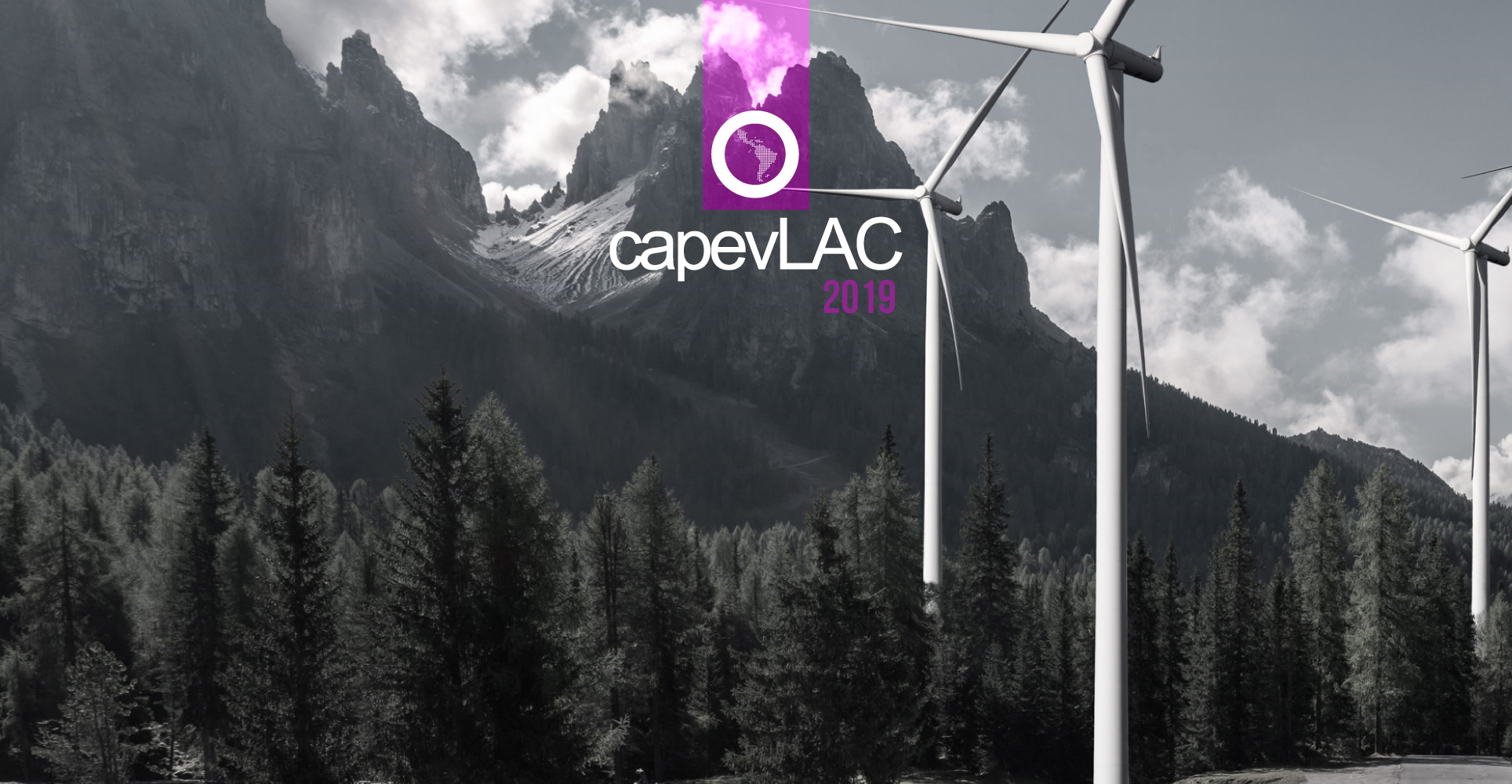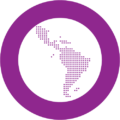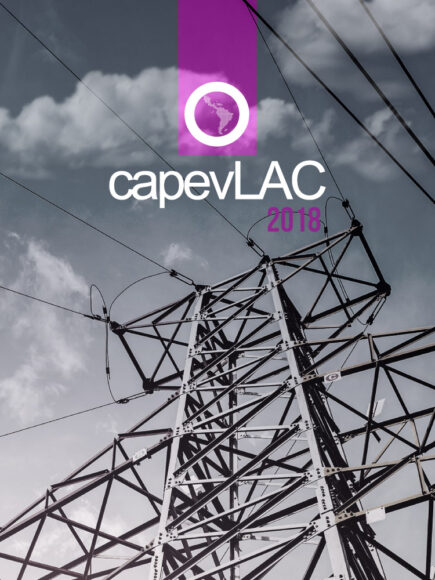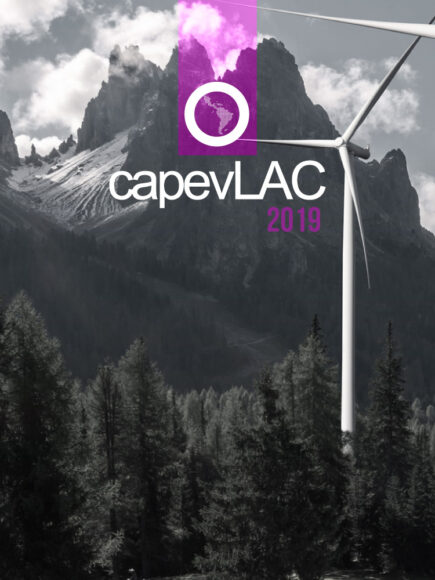Executive Development Programme Implementing Climate Change Policies in the energy sector for Caribbean Region – 2019

About this Program
The objective of the Program is to strengthen the theoretical and practical knowledge on climate change issues linked to the energy sector for the development of energy project implementation capacities in the region, aligned with the political commitments acquired in the recent climate negotiations, with the purpose of achieving sustainable energy development in Latin America and the Caribbean.
Participant Requirements
Decision makers involved in the development and implementation of National Determined Contributions from countries and involved in climate change issues.
You´re going to learn
- Provide greater knowledge about the state of development and implementation of the National Determined Contributions of the countries of the Latin American and Caribbean region.
- Internalize the concepts of the National Appropriate Mitigation Actions (NAMA) and their application in each of the countries.
- Strengthen knowledge on existing climate finance for climate change activities, especially those related to efforts to reduce emissions of greenhouse gases.
Program´s Information
Modality: Blended
Online sessions: every monday and wednesday from 9 a.m. to 11:00 a.m. Quito time (April 1 to June 3, 2019)
Face-to-face workshop: June 17 to 21, 2019 in Panama (OLADE will provide scholarships with 100% coverage to a limited number of students)
Duration: 3 months
Estimated effort: 6 hours per week
Cost for public sector: 150 Usd (includes virtual modules and academic credits of the face-to-face workshop)
Cost for private sector: 400 Usd (includes virtual modules and academic credits of the face-to-face workshop)
Registration Date: until March 31, 2019
Intermediate level
Language: English
Further information: Lourdes Pillajo / cap@olade.org
- Teacher: Fernando Anaya
- Teacher: Giovanni Salvador Burga Medina
- Teacher: Federico Antonio Canu Canu
- Teacher: Iván Relova
- Teacher: Carlos Ruiz
- Teacher: Harry Wretlind
Welcome to the Executive Development Programme Implementing Climate Change Policies in the Energy Sector, offered by the Latin American Energy Organization and the Konrad Adenauer Stiftung Foundation. This program will begin on April 1, 2019, which made up of prerequisites due to it is intermediate level program.
The program will have a total of 3 months, whose material will be available during 12 months (until june 2020) and its content will be offered through online sessions, readings, interactions, discussion forums, peer review activities, questionnaires and research tasks. It is estimated that you will have to dedicate around 6 hours per week to complete all the activities.
We hope you will enjoy the Program!
START HERE
¿WHICH IS THE FIRST STEP?
You must ensure your place in the program by making the respective payment before the start of the program, for this purpose you must contact javier.palacios@olade.org to choose the most appropriate payment modality for you.
Public sector: 150 Usd (includes virtual modules and academic credits of the face-to-face workshop)
Private sector: 400 Usd (includes virtual modules and academic credits of the face-to-face workshop)
¿HOW IS THE PROGRAM COMPOSED?
The program is made up of 18 virtual sessions and final practical module.
Virtual Mode
The virtual modality will be dictated under online mode, which means live interaction between the instructors and the participants trhorught of the OLADE´s videoconference platform. The program will be developed through expository classes, which are executed according to the established program “VIRTUAL MODALITY CONTENT”. The participant must connect to each session through the link that will be located in the virtual agenda. Please note that a different link is generated for each session. The sessions basically include two theoretical presentations and two spaces for live questions. In the OLADE´s virtual classroom (where you are now) will be stored all the material that made up of: links for each online session, presentations, study documentation, multiple choice questionnaires and other activities designed by teachers.
On-site workshop
In order to put into practice the content in the virtual modules, OLADE will carry out an intense face-to-face workshop of 5 days according of dates indicated.
¿HOW I APPROVE THE PROGRAM?
In order to approve the program, you must complete the evaluation questionnaires and the research tasks pointed out by the tutor of the program. These are the only activities will are evaluated and to pass it, your final grade must be equal to or greater than 80%.
- 17 questionnaires: 50%
- First research task:25%
- Final research task: 25%
Each activity will be evaluated over 10 points.
¿HOW LONG WILL IT TAKE TO COMPLETE THE PROGRAM?
It is estimated that you will have to dedicate about 6 hours per week to the program to complete all the learning resources.
– Online Modality: 36 hours
– Hours dedicated to self-study and resolution of questionnaires: 72 hours
– Hours dedicated to 1 research task: 10 hours
– Hours dedicated to Final task: 20 hours
– Face-to-face workshop: 40 hours
– Total: 178 hours
¿ HOW CAN I APPLY TO A SCHOLARSHIP?
OLADE will select 15 participants to attend the face-to-face workshop to be held in Panama during the week June 17 to 21, 2019. In order to apply, go to the session “APPLICATION to SCHOLARSHIP” and upload the requested documents.
Visión general
- 2 Estudiantes Inscritos
- Duración: 10 semanas
- Clases: 23
-
INCEPTION SESSION
-
MODULE I:IMPLEMENTATION OF THE ENERGY EFFICIENCY´S NDCS
- Session 1: Introduction to Climate Change and the UNFCCC
- Session 3: Forms to implement NDCs and countries’ state of art. NDC Partnership.
- Session 4: Rules and implementation guidelines for the Paris Agreement (COP24 in Katowice)
- Session 5: NDCs’ study case in Renewable Energy
- Session 6: NDCs’ study case on energy efficiency and transportation
-
MODULE II: ENERGY EFFICIENCY´NAMAS
- Session 7: NAMAs status (synopsis)
- Session 8: Framing and implementing NAMAs (phases, functions and stakeholder responsibilities)
- Session 9: NAMAs identification and prioritization
- Session 10: Enabling frameworks for NAMAs (identifying hurdles and alternatives to overcome them)
- Session 12: Measurement, Reporting and Verification Systems for NAMAs ( IPCC tool)
- Session 13: Transparency framework (Introduction to MPGs on approved bases in Katowice)
-
MODULE III: FINANCING OF ENERGY PROJECTS
-
FACE TO FACE WORKSHOP PANAMA



